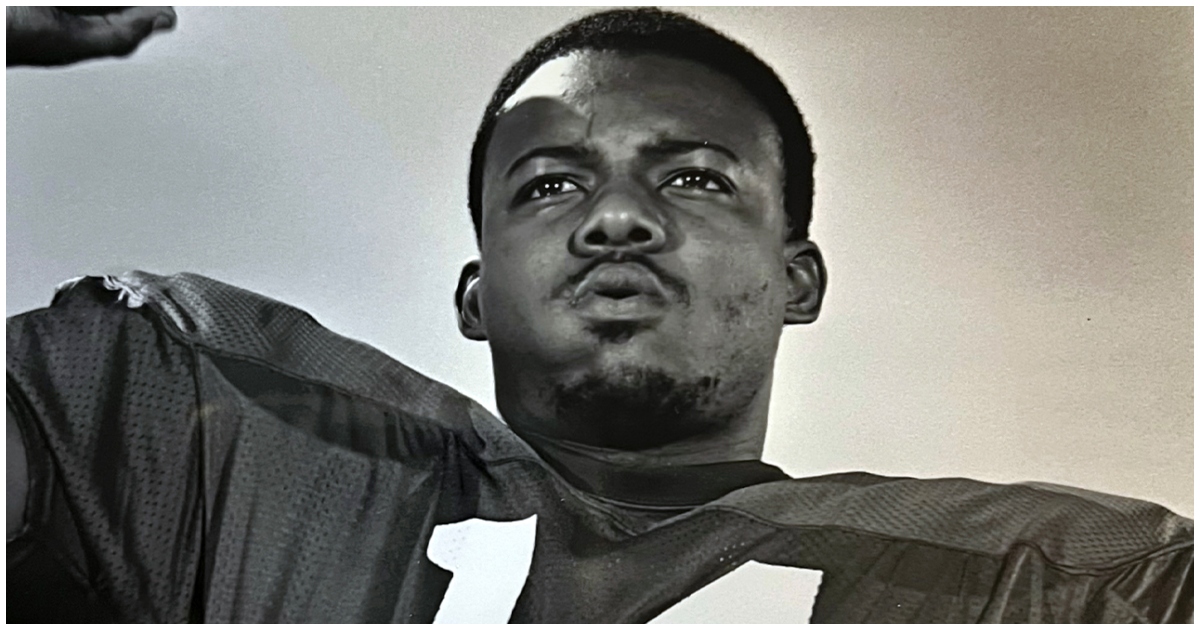Kerry Jackson made history as the University of Oklahoma’s first Black quarterback in 1972. His debut performance was nothing short of spectacular. Jackson rushed for 109 yards on just 10 carries against Utah State. This remarkable achievement set the stage for what seemed to be a promising career.
However, Jackson’s journey at OU took an unexpected turn. Despite his initial success, circumstances beyond his control altered his path in college football.
Breaking Barriers: OU’s First Black Quarterback
Jackson’s arrival at OU was groundbreaking. He joined the team during a time when many Southern schools were just beginning to integrate their football programs.
“I was raised not to see colors,” Jackson reflected. Yet, he faced challenges. Some fans sent hate mail and hurled racial slurs. Jackson, however, found strength in adversity.
“Those are the things I had to actually endure to make me a stronger person,” he said. Support from coaches and teammates helped him persevere.
A Freshman Phenom: Jackson’s Impressive Start
Jackson’s talent was undeniable. In his freshman year, he quickly earned the backup quarterback position. Soon, he was pushing the senior starter for playing time.
Through four non-conference games, Jackson became OU’s third-leading rusher. He gained 286 yards on 44 carries. Only star running back Greg Pruitt had more yards.
Barry Switzer, then OU’s offensive coordinator, recognized Jackson’s potential. “Kerry Jackson was going to be our quarterback,” Switzer later said. “He was going to be a great player.”
The Sudden Fall: Eligibility Issues and Aftermath
Jackson’s promising career hit a roadblock in April 1973. OU discovered that his high school transcripts had been altered without his knowledge. As a result, Jackson was declared ineligible for the 1973 season.
The news devastated Jackson. “It was hard to stay in one piece,” he recalled. Despite considering a lawsuit or transfer, Jackson chose to stay at OU.
Unfortunately, Jackson never regained his starting position. Steve Davis took over as quarterback, leading OU to great success.
Resilience and Reflection: Jackson’s Life After OU
Today, Jackson lives in Colorado and maintains a positive outlook. He enjoys cycling and officiating basketball games. He often reflects on his time at OU with fondness.
“Those were marvelous days,” Jackson said. “I had never been surrounded by so much talent. It was amazing.”
Jackson harbors no bitterness about his experience. “I’m not pissed off at anybody,” he stated. “I see it as something that happened, and I must go on with life.”
Legacy of a Trailblazer: Impact on College Football
Jackson’s brief time as OU’s quarterback paved the way for future Black quarterbacks. His success challenged stereotypes and opened doors for others.
While his career didn’t unfold as expected, Jackson’s impact on college football is undeniable. He showed that talent and determination could break barriers.
Jackson’s story serves as a reminder of the challenges faced by early Black athletes in college sports. It also highlights the resilience and grace of those who paved the way for future generations.





